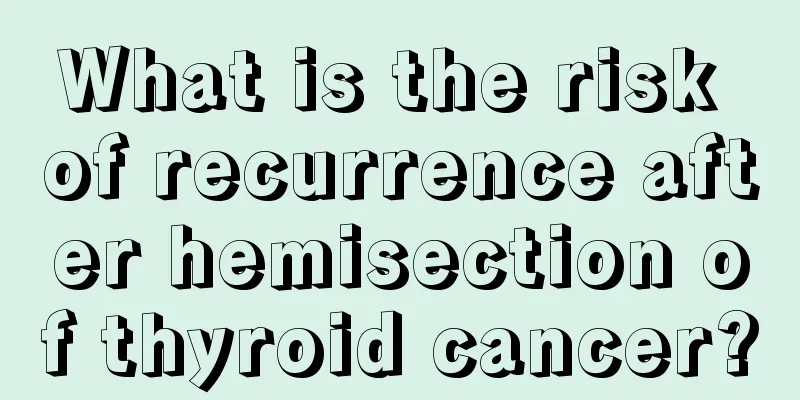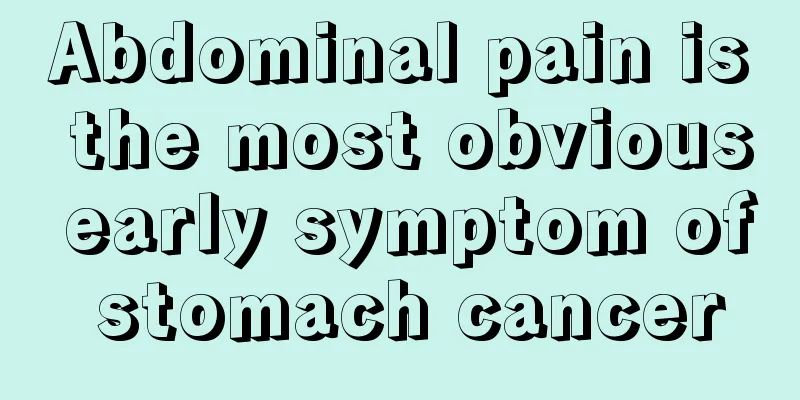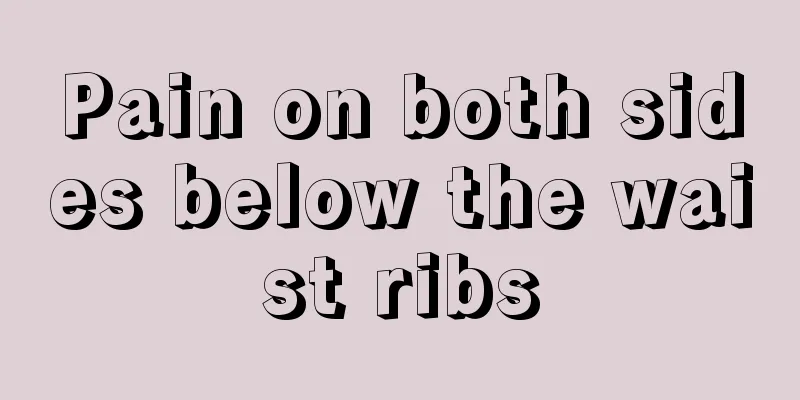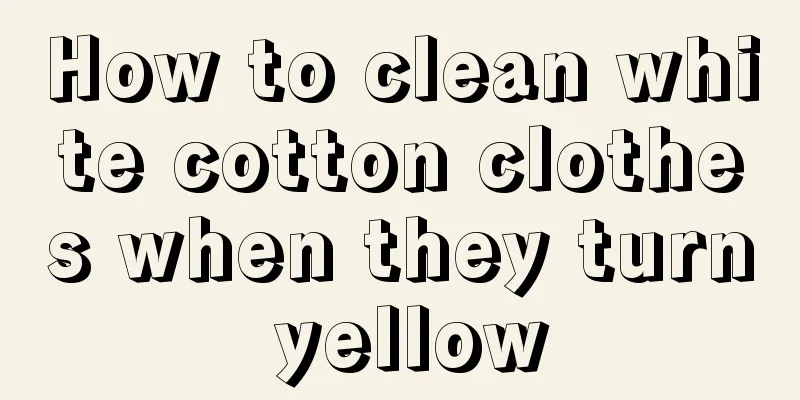How long after wisdom teeth extraction can I take a shower
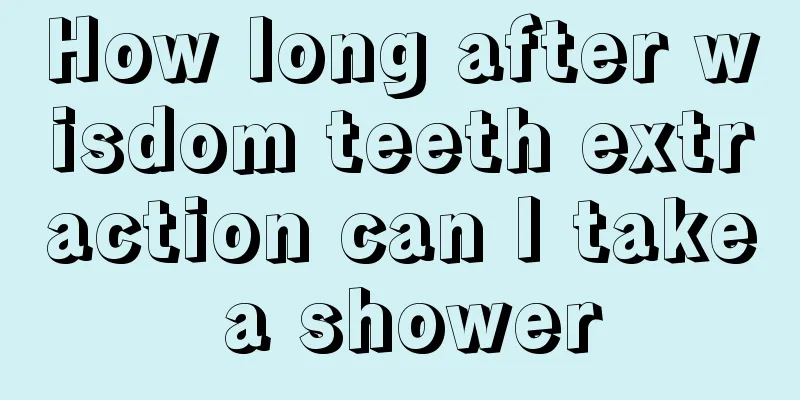
|
Wisdom teeth not only bring pain, but also affect normal eating. Many people often feel pain after having their wisdom teeth removed, and one side of their face is also swollen. At this time, you need to pay attention to some methods of treatment and cooperate with the compression method to prevent local bleeding. In addition, do not take a bath in a short period of time. It is best to wait 24 hours. Precautions after tooth extraction 1. After tooth extraction, the doctor will ask the patient to bite 1 to 2 cotton rolls, which can apply pressure to stop bleeding and protect the wound. Generally, the tampon can be spit out about 40 minutes after tooth extraction. Wisdom tooth refers to the third molar on the innermost alveolar bone in the human mouth, which is exactly the eighth tooth counting from the central incisor. Because it erupts very late, generally between the ages of 16 and 25, when a person's physical and psychological development is close to maturity, it symbolizes the "arrival of wisdom" and is therefore commonly called "wisdom tooth". There are great differences between individuals in the growth of wisdom teeth. Normally, there should be four teeth that are symmetrical in the upper and lower left and right directions. Some people have less than four or even none, and very few people have more than four. The age difference of eruption is also very large. For some people, it erupts before the age of 20, some people erupt at the age of 40 or 50, or never erupt in their lifetime. This is all normal. Modern medicine generally believes that wisdom teeth are remnants of human evolution. Since wisdom teeth grow at the end of the alveolar bone, the alveolar bone of modern humans has degenerated to varying degrees in length, width, and strength due to increasingly refined eating habits, resulting in it being unable to provide sufficient space for the eruption of wisdom teeth. As a result, wisdom teeth often erupt ectopically or are impacted due to lack of space. In addition, the degeneration of the wisdom teeth themselves can also lead to insufficient number of erupted teeth and asymmetric eruption. These eruption abnormalities, coupled with the difficulty in cleaning and prevention, usually manifest clinically as pericoronitis of wisdom teeth, caries of wisdom teeth or adjacent teeth, periodontitis, pulpitis and other diseases, causing severe pain. Therefore, it is recommended to preventively extract abnormal or asymmetrically erupted wisdom teeth as early as possible. Precautions 1. After tooth extraction, the doctor will ask the patient to bite 1 to 2 cotton rolls, which can apply pressure to stop bleeding and protect the wound. Generally, the tampon can be spit out about 40 minutes after tooth extraction. Be careful not to hold the cotton roll for too long. Some people think that the longer the biting time, the better. Some people bite for several hours or even more than ten hours. This is wrong. Instead, it causes the wound to be soaked in saliva for a long time, causing infection or poor blood coagulation. 2. For patients with bleeding tendency, it is best not to leave after tooth extraction. Ask the doctor to check the wound again after half an hour to see if the bleeding has stopped. If bleeding continues, the doctor should provide further treatment, such as applying hemostatic drugs, suturing to stop bleeding, and taking some hemostatic drugs orally. 3. Under normal circumstances, the bleeding will stop after you spit out the tampon. It is normal to have a little blood in the saliva. If you spit out large mouthfuls of blood, it is abnormal. You should contact our clinic in time or go to the nearest hospital's dental department for emergency treatment and ask the doctor to treat it. Never handle it on your own, such as stuffing cotton at home into the extraction socket or applying so-called hemostatic drugs at random. These cotton balls and medicines are not sterile and may cause secondary infection and more serious consequences after use. 4. After tooth extraction, you must pay attention to protecting the blood clot. Do not rinse your mouth on the same day, do not chew food with the side where the tooth was extracted, do not lick the wound frequently, and do not suck or spit repeatedly, so as to avoid destroying the blood clot due to the increase in negative pressure in the mouth. You can eat two hours after the operation, and the food for two days after the operation should be warm, cool, and soft. 5. Generally, you don’t need to take any medicine after tooth extraction. However, when extracting teeth during the acute inflammatory period, or when the trauma is severe or the general condition is poor, oral antibiotics and painkillers should be taken. 6. Tooth extraction generally does not affect work and you can go to work as usual, but do not engage in heavy physical labor. Smoking and drinking have adverse effects on wound healing. It is best not to smoke or drink within one or two days after tooth extraction. As long as you take the above precautions, the tooth extraction wound will heal smoothly. |
<<: Can cupping reduce internal heat?
>>: How long does it take to get a denture after extracting the front teeth
Recommend
Is it okay to wash your hair with cold water in the morning?
We all know that people nowadays are particularly...
What ointment is good for urticaria
For common skin diseases such as urticaria, we sh...
What can be used to wash off latex paint
Latex paint is generally not easy to clean, but s...
Can drinking tea prevent endometrial cancer?
Can drinking tea prevent endometrial cancer? Many...
What foot bath can be used to treat rheumatism?
As we all know, rheumatism is mostly caused by co...
What are the symptoms before lung cancer attacks? Pay attention to the 4 symptoms before lung cancer attacks
In fact, many times, the early symptoms of malign...
Principles of postural drainage
Different diseases require different surgical met...
Manifestations of anaplastic ependymoma
Ependymoma is a very common disease in daily life...
Can I eat cantaloupe during confinement?
The period of confinement is the time when a woma...
Right eyelid drooping
The eyelid, which is what we call the eyelid, bec...
How to store wolfberries without them becoming sticky
Wolfberry is a common food ingredient in daily li...
How to recover from groin strain, avoid strenuous exercise
Groin strains are common, especially among footba...
What to do if there is severe swelling after tooth extraction
Tooth extraction is a very common thing in dentis...
Is lupus erythematosus contagious?
In life, many people think that lupus is a very s...
What disease is a salty mouth a sign of?
We often have the feeling that there is a sudden ...

